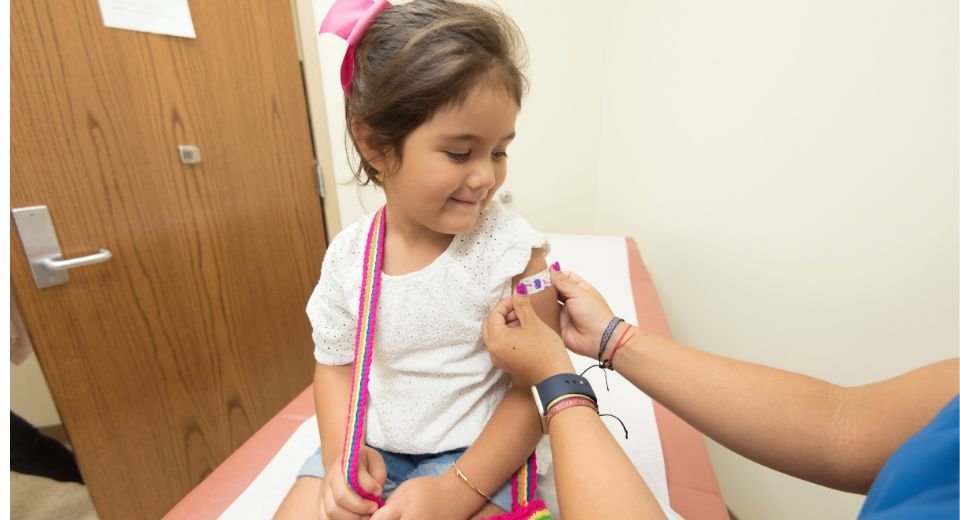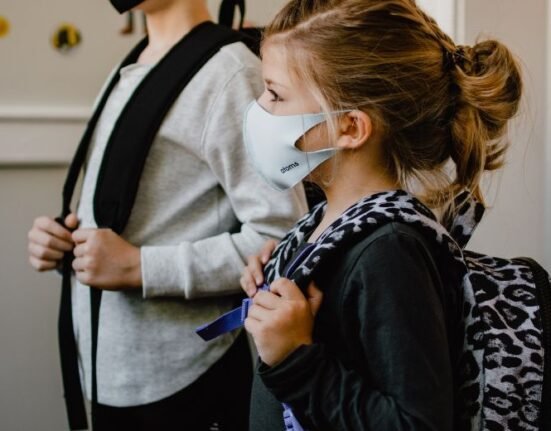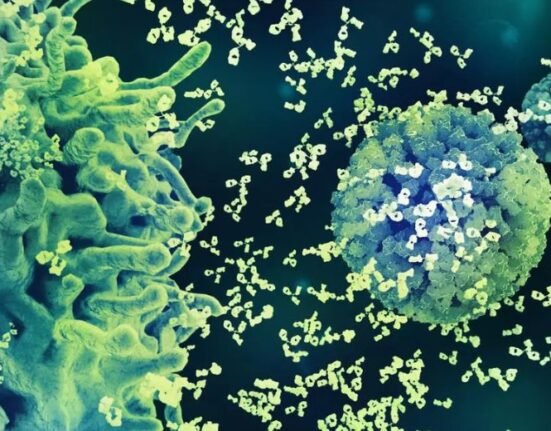HQ Team
April 25, 2023: Global health bodies in more than 100 nations are uniting to vaccinate children after COVID-19 waves severed supplies, shuttered clinics, and overburdened health services.
The WHO, UNICEF, Gavi, the Vaccine Alliance, and the Bill & Melinda Gates Foundation announced the ‘Big Catch-up’ to vaccinate children to prevent disease outbreaks.
This effort aims to reverse the declines in childhood vaccination recorded in over 100 countries since the pandemic,” according to a WHO statement. Over 25 million children will have missed at least one vaccination in 2021.
“Meanwhile, communities and families experienced lockdowns, restricting travel and access to services, and financial and human resources were limited, along with access to health commodities, due to the emergency response.
“Ongoing challenges like conflicts, climate crises, and vaccine hesitancy also contributed to the decline in coverage rates.”
Measles, polio
Outbreaks of preventable diseases, including measles, diphtheria, polio, and yellow fever, are already becoming more prevalent and severe.
The Big Catch-up aims to protect populations from vaccine-preventable outbreaks, save children’s lives, and strengthen national health systems, according to the statement.
The initiative will focus on the 20 countries where three-quarters of the children missed vaccinations in 2021 life.
The 20 countries are Afghanistan, Angola, Brazil, Cameroon, Chad, DPRK, DRC, Ethiopia, India, Indonesia, Nigeria, Pakistan, Philippines, Somalia, Madagascar, Mexico, Mozambique, Myanmar, Tanzania, and Vietnam.
Outbreaks on rise
“Millions of children and adolescents, particularly in lower-income countries, have missed out on life-saving vaccinations, while outbreaks of these deadly diseases have risen,” said WHO Director-General Dr Tedros Adhanom Ghebreyesus.
“Catching up is a top priority. No child should die of a vaccine-preventable disease,” he said.
Although global vaccination coverage levels have declined, there have been bright spots. Early reports indicate India’s strong recovery in essential immunization in 2022, while Uganda maintained high coverage levels during the pandemic.
In Kenya, collaborations with community health workers and local leaders have improved immunization levels among nomadic populations in the country’s north.
The WHO partners are working with countries to strengthen healthcare workforces, improve health service delivery, build trust and demand for vaccines within communities, and address gaps and obstacles to restoring childhood immunization.
In addition to catching up on childhood immunization, efforts were needed to introduce the human papillomavirus vaccine to adolescents to prevent cervical cancer, particularly in low- and middle-income countries with the highest burden.
‘More vulnerable’
“Routine vaccines are typically a child’s first entry into their health system and so children who miss out on their early vaccines are at added risk of being cut out of health care in the long run,” said UNICEF Executive Director Catherine Russell.
“The longer we wait to reach and vaccinate these children, the more vulnerable they become and the greater the risk of more deadly disease outbreaks. Countries, global partners, and local communities must come together to strengthen services, build trust and save lives.”
Dr Seth Berkley, CEO of Gavi, the Vaccine Alliance, said: “We cannot allow a legacy of the pandemic to be the undoing of many years’ work protecting more and more children from deadly, preventable diseases.”
“Global health partners, working with governments and communities, must do everything we can to protect the life of every child.”
The COVID-19 pandemic has resulted in the deaths of more than eight million people globally since the virus started spreading.








